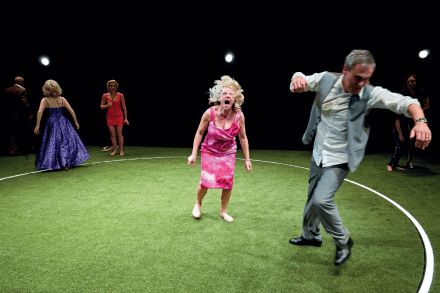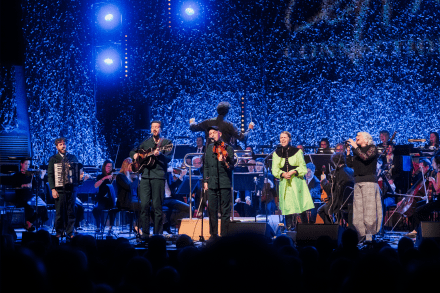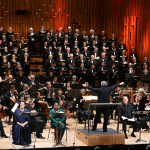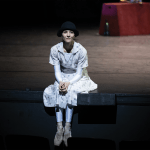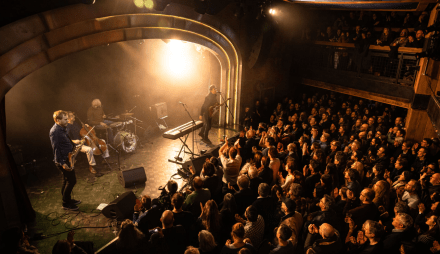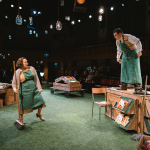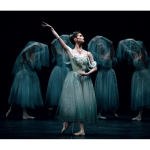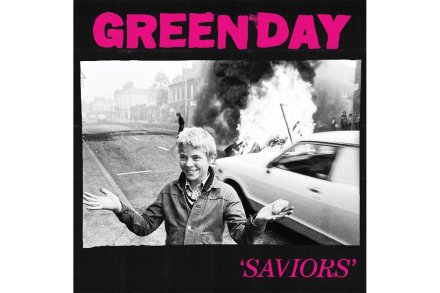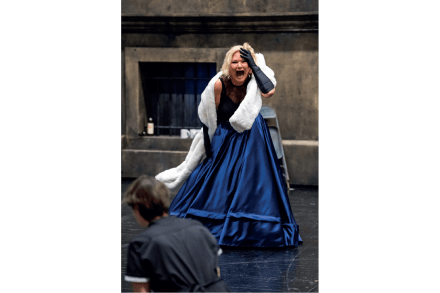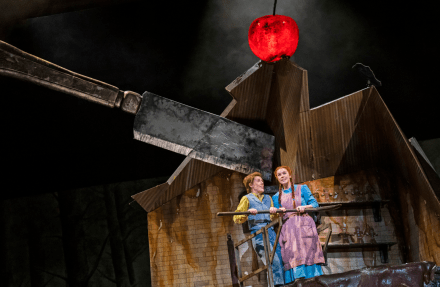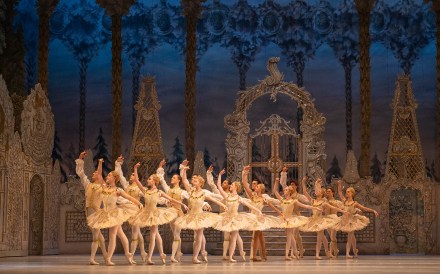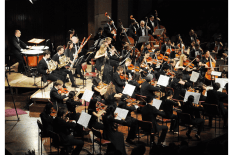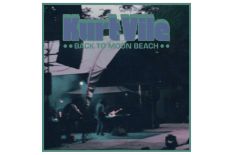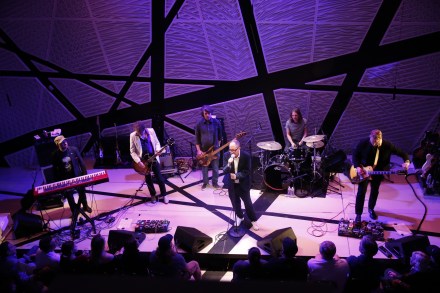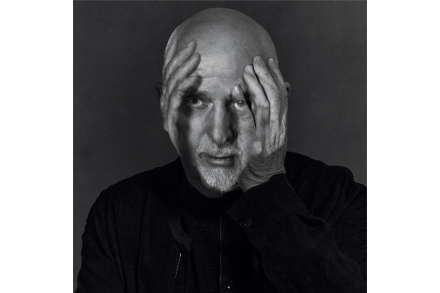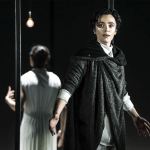An unmistakable hit: Till the Stars Come Down, at the Dorfman Theatre, reviewed
Till the Stars Come Down is a raucous, high-energy melodrama set at a wedding in Hull. The writer, Beth Steel, focuses on three female characters and virtually ignores the men in her story which is just as well because her male characters all talk and act like planks. Her women are full of courage, craziness and fun. This is a hit. West End, easily Broadway, maybe. Pack your bags, girls We meet Sylvia, the anxious bride, who fears that her family won’t accept her Polish spouse, Marek. Her sister, Hazel, is facing a romantic crisis because her husband has stopped paying her attention in bed. And sexy Maggie harbours a
